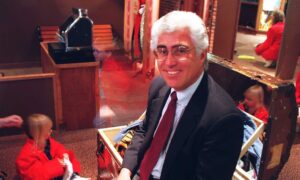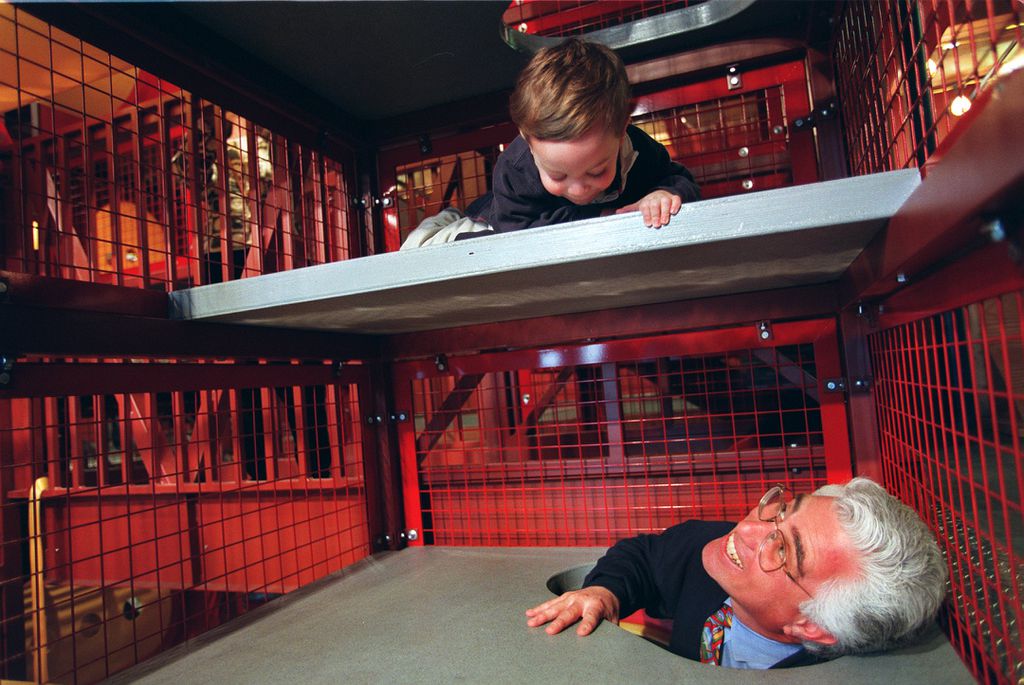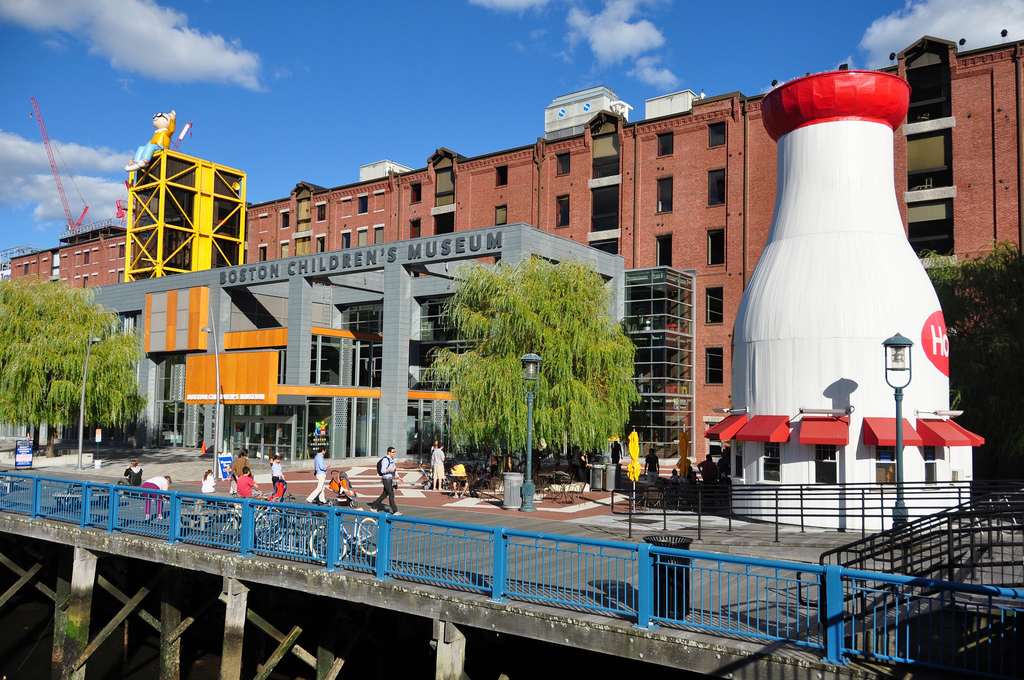Class Notes – Sep/Oct 2021
 Lou Casagrande died on May 27th, 2021, from complications of pancreatic cancer. The following paragraphs are lightly-edited excerpts from his obituary in the Boston Globe. More information, and pictures, are available on the class website at yale1969.org.
Lou Casagrande died on May 27th, 2021, from complications of pancreatic cancer. The following paragraphs are lightly-edited excerpts from his obituary in the Boston Globe. More information, and pictures, are available on the class website at yale1969.org.
From the Globe:
An anthropologist at heart, whether in Boston or on the road throughout the country, Lou Casagrande knew what he wanted to do when he arrived to become head of the Boston Children’s Museum. In his previous job at a Minnesota museum, he had become accustomed to studying the historic culture surrounding an urban museum and the challenges such institutions face.
“One of the problems with museums in this country is they tend to be used by white suburban persons,” he told the Globe in 1994, when he was so new to the job that his luggage still sat in his Boston office, travel tags affixed. “There is a certain traditional arrogance in museums that we have had to break down, block by block.”
While the Children’s Museum had a history of taking a multicultural approach to exhibits, Mr. Casagrande wanted to take its inclusivity to a higher level and let underserved urban neighborhoods know the institution was theirs, too. “I think he was really committed to being a museum for all Bostonians,” said Carole Charnow, the museum’s current president and chief executive.
“He was an extraordinary leader at the Children’s Museum and it was obvious from the beginning,” Museum Trustee Kate Taylor said. “Part of the mission, to him, was to expand accessibility to the museum to all of the neighborhoods in Boston.”
Lou also emphasized the museum’s role in Greater Boston’s educational framework. He said, “What I feel very strongly is that museums need to be part of the solution to change education….We’re only one part of the solution….But one thing we do really well is create new tools and ways of teaching. We can help teachers do hands-on learning. We can be research and development centers for schools, and be places where teachers can come to reflect.”
“Lou came with big ambitions for the museum — for the Children’s Museum, but also for the children’s museum field,” said Leslie Swartz, senior vice president of research and program planning at the Children’s Museum. “I think he contributed a lot to elevating esteem for children’s museums and what they do.” Among the organizations Lou helped run was the American Alliance of Museums, which he led from 2002 to 2004. During and after his career as a museum executive — he stepped down as Children’s Museum president and chief executive in 2009 — Mr. Casagrande was a resource for other museum leaders in New England and beyond. Miranda Massie, founder and director of the Climate Museum in New York City, singled him out in a 2015 interview on the alliance website as a key adviser in creating the institution. “He’s intellectually brilliant and a visionary,” Massie said. “He’s savvy and wise about the business side. He’s intuitive, warm, and kind as a mentor.”
Lou married Julie Petty in 1969. After graduating with a B.A. in anthropology, he earned a master’s degree in international relations from American University in Washington, and a doctorate in anthropology from the University of Minnesota. “Never, ever had he thought of being a museum professional — not in his wildest dreams,” Julie said. “It was a matter of, ‘Well, we’ll do this for a while,’ and he absolutely thrived. He loved it. It was a way to connect with the public, and it was a way to also be an intellectual, and I would say that Lou was definitely an intellectual.”
In Boston, Lou also worked to diversify the board of trustees at the Children’s Museum, while using his fund-raising skills to bring to fruition a $47 million, 23,000-square-feet expansion in the Seaport District. His charisma and charm helped him become part of the city’s fabric of civic and governmental leaders. “He loved Boston,” said his son, Joe, of Brookline. “Boston really spoke to him…. He was the type of person who never did anything halfway. He always did everything full bore.” That was the case with his family, to whom he was devoted. He also leaves a daughter, Elizabeth.
After being diagnosed in 2012 with pancreatic cancer, Lou continued to travel as much as possible. For years, he made annual visits to Mexico. “He always considered Mexico his second home,” Julie said. Post-diagnosis, they traveled extensively in the United States. “I don’t want you to get the picture of Lou as a cancer patient, sitting with a blanket over his legs,…In that time we traveled over 100,000 miles, driving all over. I don’t think there’s a place we didn’t cover.” Lou “truly was an anthropologist in the sense that he loved culture — he loved observing, studying, and interacting,” Joe said. “He loved going into small towns across the country, and he loved big cities. He was happy walking around the streets of Manhattan, and he was happy hanging out in a rest stop in Alabama.”
Your scribe met Lou when we were tapped for the same senior society. I lost touch after meeting him for lunch in Harvard Square before a football game, when he was still the museum director. After reading his full obituary, I realized once again that I wish I had known this classmate (and friend) better. Many of you may feel the same way. There are still over 800 of us left. So what are you waiting for?


